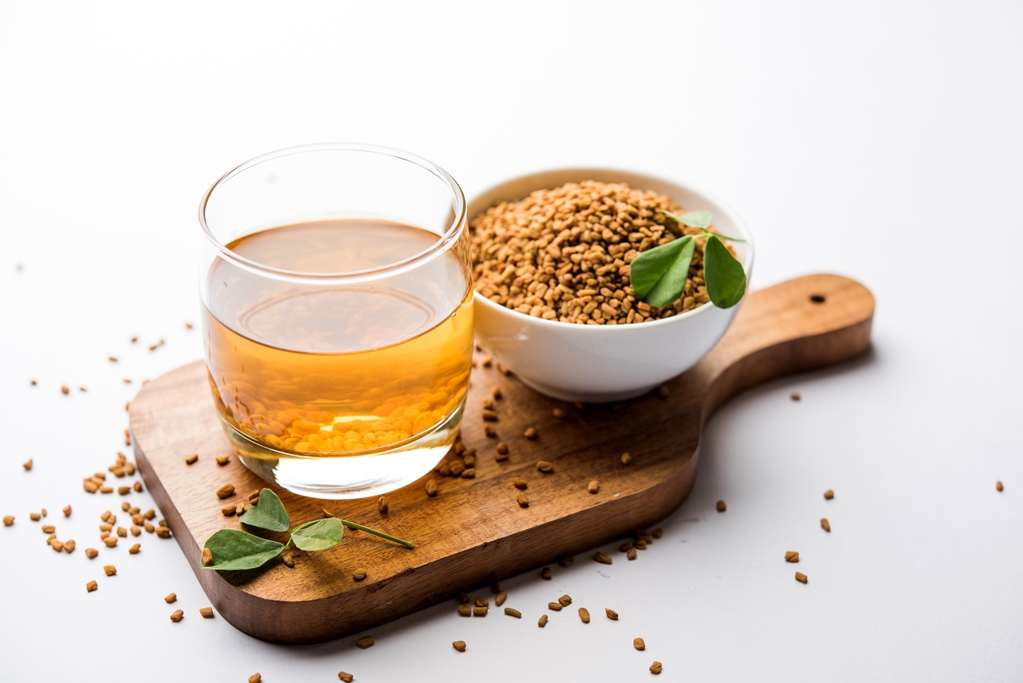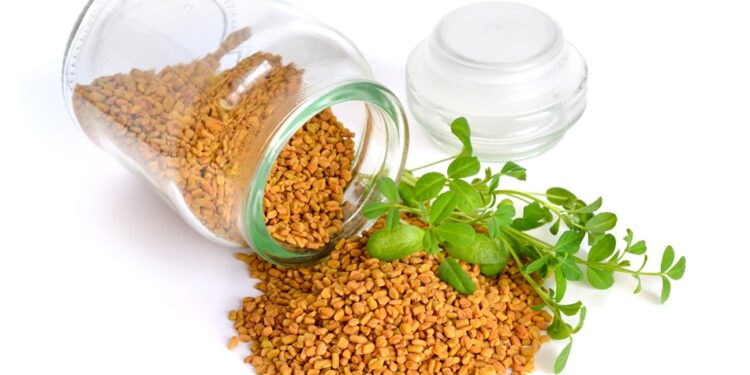Slightly forgotten in our spice boxes, these bitter seeds aid in regulating various digestive conditions among so many other ailments
Not many people like the taste of fenugreek seeds (methi daana); they find them bitter and chewy. That saddens me along with the fact that they have, slowly but surely, almost disappeared from our spice boxes. It’s time to bring them back as they pack a solid nutritional punch.
Ayurvedic and Chinese practitioners have known about the goodness of methi daana from thousands of years ago. Traditionally, it was used primarily in the prevention of diabetes, for tackling a loss of appetite, as also to stimulate lactation in breastfeeding women (it is one of the natural galactogogues). Now, modern science seems to have caught up, and is generously singing its paeans.
Fenugreek seeds are loaded with B vitamins (thiamin, folic acid, riboflavin, niacin, B6), Vitamins A and C, and are rich in copper, potassium, calcium, iron, selenium, zinc, manganese and magnesium. One tablespoon delivers 20 percent of our daily iron requirement, and surprise! surprise! three grammes of protein. Quite a lot is packed in these tiny seeds.
They are high in fibre (one tablespoon is equivalent to three grammes), with most of it soluble fibre, which helps tremendously in keeping our digestion humming along just fine. When required, they also work as a laxative (say bye-bye to constipation). This kind of fibre and its non-starch polysaccharides (NSP) help mop up bad cholesterol from the body, and turn the lipid profile pink, making it a heart-friendly spice.
Fenugreek seeds are great for sorting out digestion issues and are an effective remedy for acid reflux (heartburn).
Methi daana is a friend of our kidneys as it prevents calcification, keeping kidney stones away.
It protects the liver against alcohol-induced damage and helps reverse low-grade fatty liver by increasing the levels of antioxidant enzymes in the liver.
Weight watchers can rejoice as it is known to help improve exercise performance and increase lean mass (muscle). It also prevents bloating (water retention) in the body.
Fenugreek contains compounds like diosgenin and isoflavones with oestrogen-like properties, which help reduce symptoms like discomfort and menstrual cramps associated with PMS.
Finally, their most useful benefit, and something that has been researched extensively, is that they help improve the insulin function, and help regulate sugar levels. They are also a wonderful diabetes prevention tool. Great news for diabetics.
EAT THEM
Soak a teaspoon overnight in half a cup of water. Chew the seeds and drink the water first thing in the morning. This water works as an anti-coagulant (dissolves mucus in lungs, throat and sinuses).
When lightly roasted, they taste pleasant and can add a bit of crunch to your salads, soups and stir-frys. You can grind the seeds into powder and sprinkle some over everything you cook. It adds a lovely flavour to the dishes.
Can you imagine making upma without the fenugreek crunch, or even papad methi daana ki subzi (made with papad (poppadum), methi daana, raisins, yoghurt, jaggery and spices), methi daana khichri, vendhaya kozhambu, a saucy South Indian curry…. Make these dishes and experiment with some new ones.
FENUGREEK TEA
Steep 1 tbsp in a cup of boiling water for 45 minutes (if you want it less potent then steep for 15 minutes), strain and sip. Great for soothing digestive conditions when had after meals.

INSTANT CHUTNEY
• Add half-cup seeds to 5 cups warm water. Bring to boil. Simmer till soft & cooked.
• Put under running water in a colander till water runs clear.
• Heat oil in a pan, add the cumin seeds. Add asafoetida and chopped onions. Sauté
for a minute and then add the chillies, garlic and ginger. Sauté till the onions are
lightly browned.
• Add turmeric, red chilli, coriander powder and garam masala. Mix well and tip in the
fenugreek seeds. Season with salt and cook till the extra moisture from the seeds
has dried out.
• This can be had as a chutney/pickle with rice or roti









